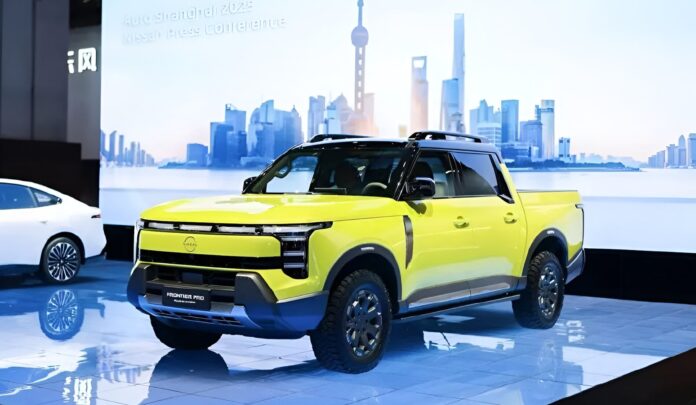At the 2025 Shanghai Auto Show, Japan’s three major automakers — Nissan, Toyota, and Honda — signalled a new transition phase to new energy vehicles. Joint venture brands introduced a range of localised models developed specifically for China. One example is the Dongfeng Nissan N7, which features a co-developed driver assistance system with Momenta, marking a step forward for Nissan’s local operations.
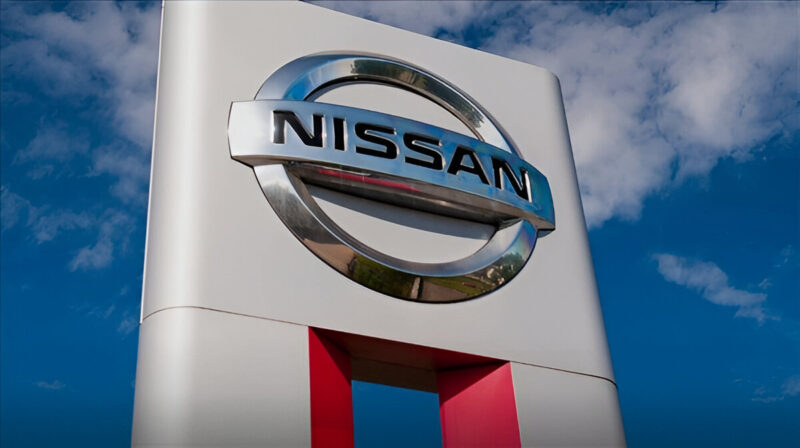
Nissan outlined a new strategy to strengthen its position in China’s competitive auto market. The strategy is supported by a 10 billion yuan (approximately 1.37 billion USD) investment over the next three years. The move reflects the company’s effort to adapt to the rapid pace of innovation and product development led by domestic electric vehicle (EV) manufacturers.
Stephen Ma, Nissan China’s newly appointed chairman, acknowledged during an interview that the company had previously been slow to launch new models in China. To address this, Nissan has restructured its operations, giving local research and development teams greater decision-making authority to develop vehicles tailored to Chinese consumers.
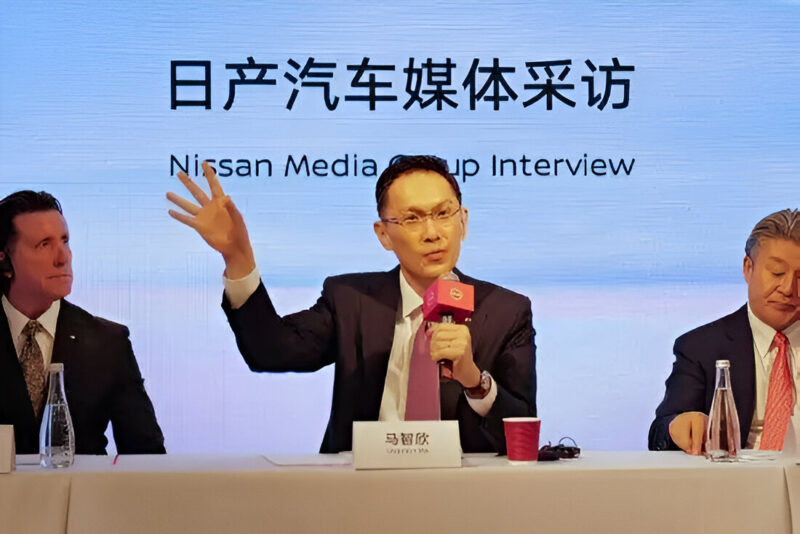
This change marks a departure from Nissan’s traditional approach, where approval was typically required from global headquarters in Japan. Now, local teams have complete control over areas such as powertrain configurations and performance tuning.
New models like the N7 electric sedan and the Frontier Pro PHEV pickup were developed under this new framework. The N7 went from concept to production within 12 months, a timeline that would have been uncommon for Nissan in the past. The Frontier Pro PHEV is notable as the first global Nissan model designed and engineered primarily in China.
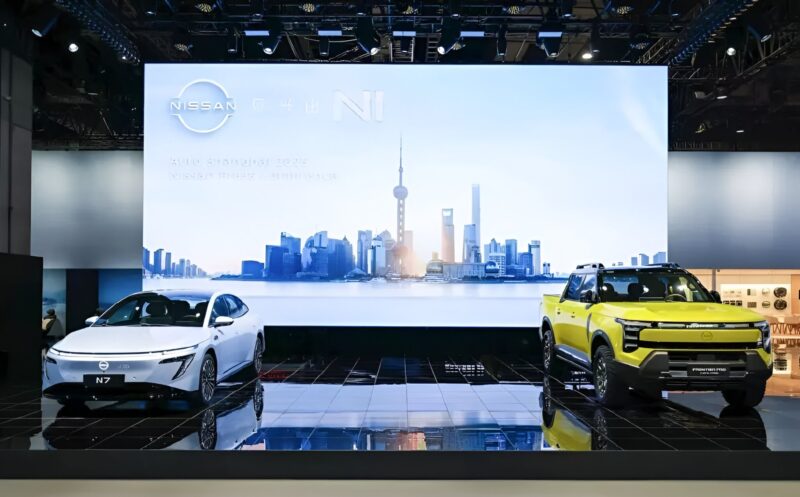
Nissan’s updated plan focuses on three key initiatives: expanding its new energy vehicle lineup in China from eight to ten models by summer 2027, designing new vehicles for both domestic and global markets, and strengthening collaborations with Chinese technology firms, such as Huawei and Momenta, to accelerate development.
The 1.37 billion USD investment will also support the expansion of Nissan’s technical centre in China, increasing its engineering workforce to 4,000 employees and advancing the development of next-generation EVS. Ma emphasised that despite greater localisation, Nissan intends to maintain a consistent brand identity across its models.
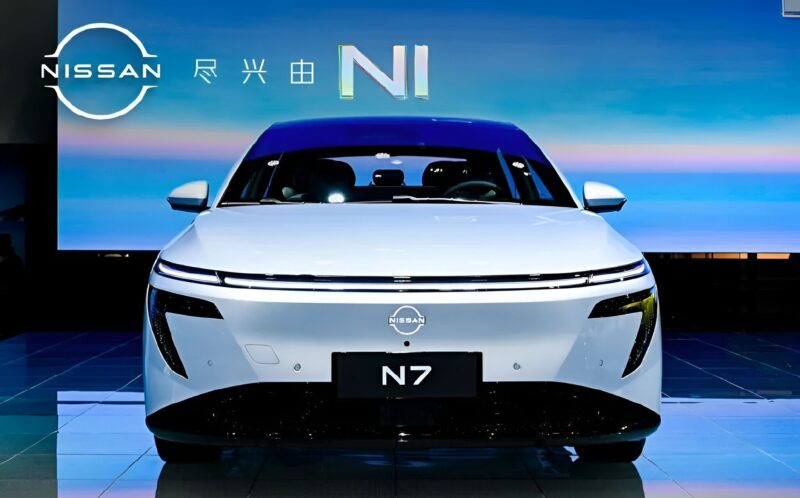
Ma noted that while EV adoption is increasing in China, gasoline-powered vehicles will remain part of the market for the foreseeable future. As a result, Nissan plans to offer various options, including gasoline, electric, plug-in hybrid, and extended-range electric vehicles across different segments.
Nissan is positioning its operations in China as a foundation for global growth. Models such as the Frontier Pro PHEV and N7 are scheduled for export within 12 months of their domestic launches, supported by Nissan’s international distribution network.
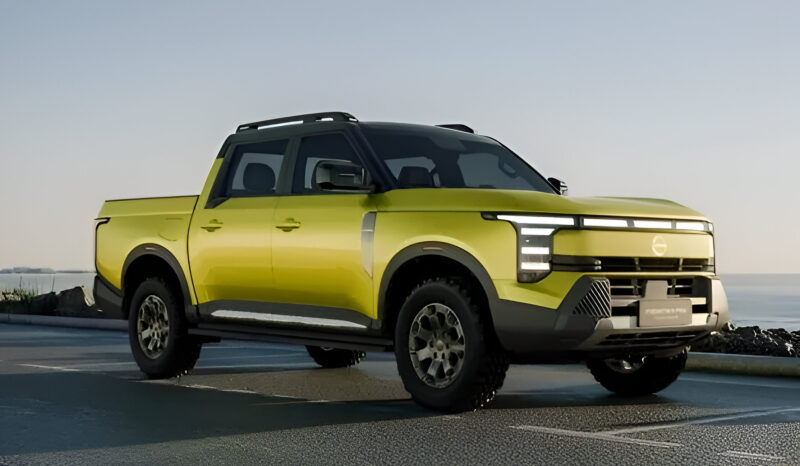
The company recognises the challenges posed by a highly competitive environment in which domestic automakers frequently introduce new models. Whether Nissan’s strategy will enable it to regain market share remains to be seen as new models reach customers.
Ma summarised the company’s approach by stating that adapting to new market conditions is necessary for future success. The coming months will indicate whether Nissan’s new direction can deliver the intended results.
Source: Yiche
